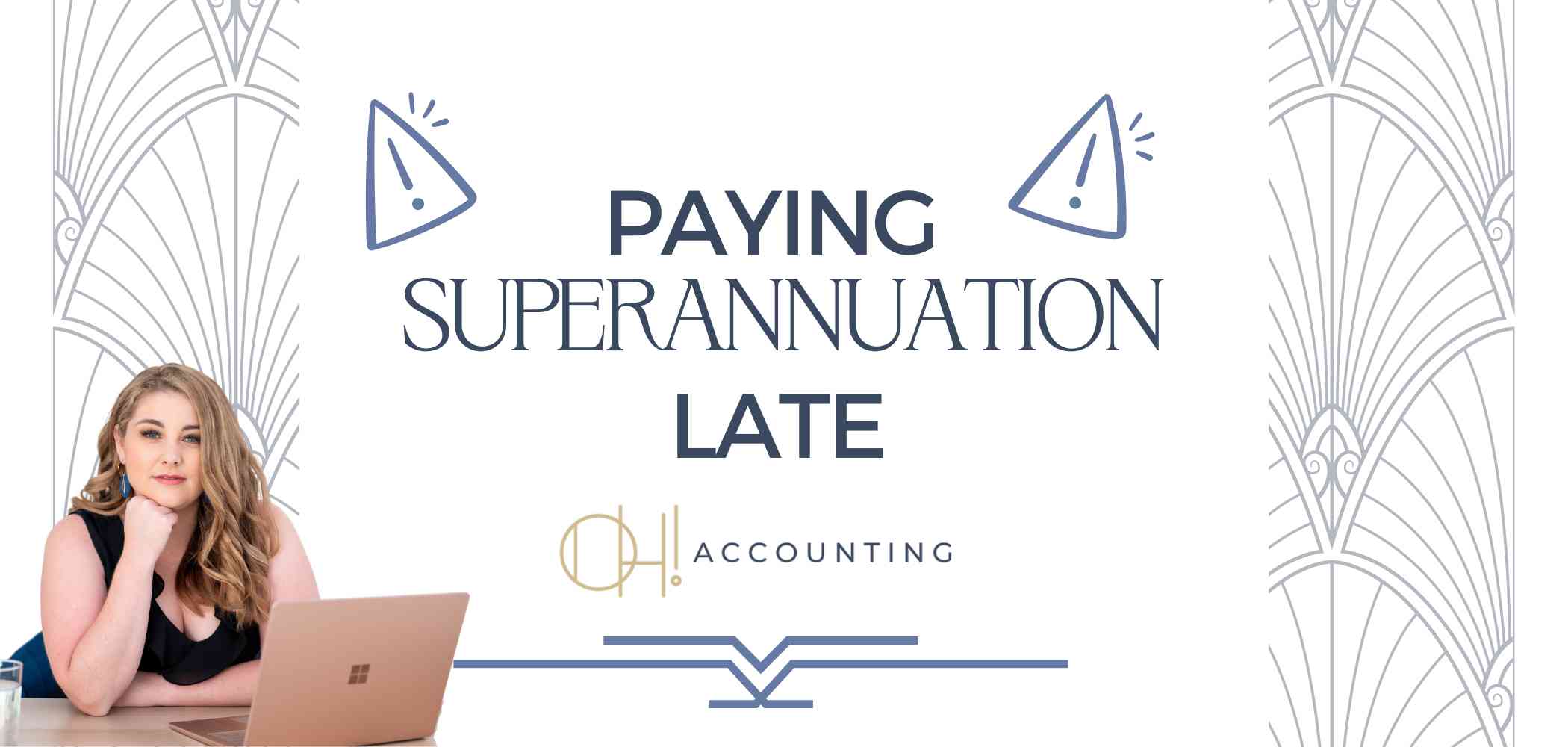
Managing superannuation is crucial for your business’s financial health. With ongoing legislative evolutions and climbing superannuation contribution rates, it’s paramount that employers stay abreast of the latest updates.
Never fear though, we are here to help you navigate through superannuation’s intricacies, potential pitfalls, and compliance strategies. Please note: while this article provides general knowledge, specific superannuation issues should be addressed with your tax agent. Feel free to contact our office for tailored assistance.
What is Superannuation?
Superannuation is a system designed for retirement savings. Regular contributions are made into superannuation funds by both employers and employees (if they choose to). These funds are then invested, growing over time to create a retirement nest egg.
When and How to Pay Superannuation?
As an employer, you must pay your employees a Superannuation Guarantee (SG) as a part of their remuneration. As of 1 July 2023, the Superannuation Guarantee rate is 11% and by 1 July 2025, it will hit 12%.
Superannuation is always due on the 28th of the month following the end of a quarter set these dates (also below for you) in your calendar to make sure you are paying on time. If the date falls on a public holiday or a weekend, the date due is the next business day.
| Quarter | Period | Payment due date |
| 1 | 1 July – 30 September | 28 October |
| 2 | 1 October – 31 December | 28 January |
| 3 | 1 January – 31 March | 28 April |
| 4 | 1 April – 30 June | 28 July |
You are required to pay your superannuation via a clearing house as an employer. If you use accounting software such as Xero, MYOB, or Quickbooks, they usually have a clearing house incorporated into the software. For those of you with no accounting software, the ATO Small Business Clearing House is also a free option.
So I paid super late – what’s the big deal?
Now I hate to be the bearer of bad news but there are serious consequences to late payments or non-payment (think director penalty notices).
Late superannuation payments are no longer deductible for tax purposes. What if you made the payment though? Doesn’t matter. You can’t claim it in your tax return.
Furthermore, if you fail to pay superannuation on time, you’ll find yourself having to lodge an SGC (Superannuation Guarantee Charge) Statement. These forms need to be lodged with the ATO directly and they charge an admin fee of $20 per employee per quarter. Interest on unpaid or late paid superannuation accrues until the form is lodged which at the moment is 10% per annum.
Ok, but how will they know?
Thanks to data automatically gathered via super clearing houses and Single Touch Payroll reporting, the ATO doesn’t rely on whistleblowers to notify them of unpaid super anymore. This has put employers under more scrutiny than ever and the ATO is certainly ramping up a more proactive approach to this type of compliance than we have seen before. Erratic superannuation payments can also flag your business with the ATO and potentially trigger an ATO audit.
Are SGC Statements hard to complete?
Depending on the information and your systems they can be but the ATO’s website has some great tools to help you with completing these. Your bookkeeper or accountant can also assist you with this.
What’s coming?
The Australian Government has announced that they intend for employers to pay superannuation at the same time as salary and wages. Whilst this isn’t yet law, it’s on the horizon and if you are a business that relies on the quarterly due date for cashflow purposes, you have some time to adjust.
Key Takeaways
- Stay Informed: With superannuation contribution rates increasing annually, employers must keep pace with changes and ensure compliance.
- Timely Payments: Make the most of your accounting system such as Xero, MYOB, Quickbooks, or the ATO Small Business Clearing House to ensure on-time payments – key dates 28 October, 28 January, 28 April, 28 July.
Superannuation isn’t merely a checkbox—if you’re an employer you have an obligation to your employees for their superannuation. If you can’t be across this, you must have a team around you that supports your business and helps you with your superannuation compliance. Contact us today to ensure your business is equipped to navigate the complexities of superannuation seamlessly.